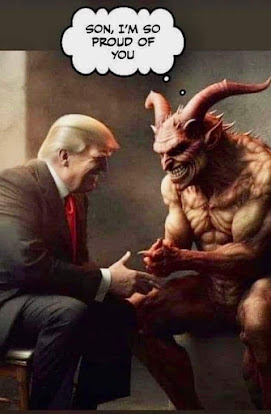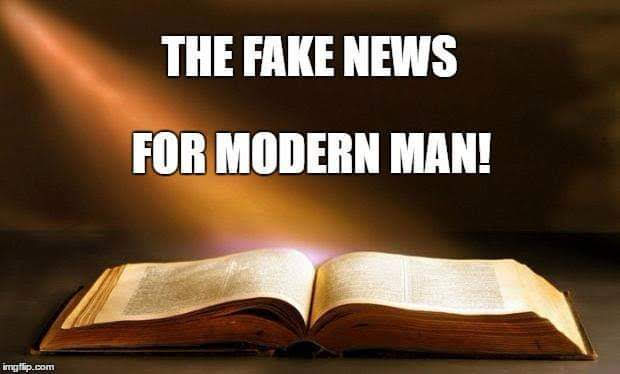This is one of the breakthroughs that is needed in the battery industry. With enough R&D, I have no doubt that there will be many more to come.
Exxon says film may lead to car battery like laptop's
By BRETT CLANTON
Exxon Mobil Corp. believes it has found an answer to a problem that has bedeviled the auto industry in recent years: using rechargeable lithium-ion batteries, like those found in cell phones and laptops, to power cars and trucks.
This weekend, at a conference in Anaheim, Calif., Exxon Mobil will unveil a super-thin plastic sheeting the company says can improve the power, safety and reliability of lithium-ion batteries for use in automobiles.
Exxon Mobil considers the film a breakthrough because it allows battery makers to build smaller and cheaper battery systems — removing key obstacles that have kept automakers from building hybrid and electric vehicles on a wide scale.
"That desire to use batteries that are more powerful and lighter is something that the auto companies have yearned for for years," said Jim Harris, senior vice president at Exxon Mobil Chemical Co., a Houston unit of the Irving-based energy giant.
Today, most vehicles have toaster-sized nickel-metal hydride batteries under the hood. But battery makers and auto manufacturers have begun turning their attention to lithium-ion batteries because they are smaller, lighter, able to hold a charge longer and have a higher energy density.
"It's the natural next step for advanced battery technology," said Brian Corbett, a spokesman for General Motors Corp., which is developing models like the Chevrolet Volt that incorporate lithium-ion batteries.
Safety issues

First introduced by Sony in 1991, lithium-ion batteries were designed to help slim down portable electronics devices. But automakers have struggled to adapt them for vehicles because of operational limitations, high costs and safety issues.
Last year, 6 million Sony lithium-ion batteries in Dell and Apple notebook computers were recalled because of overheating that in some instances resulted in fires.
That recall gave a boost to companies working on improving lithium-ion batteries, including Exxon Mobil Chemical, which has 20 years of experience in the field, and Boston-based Optodot Corp., which has also developed a separator film for lithium-ion batteries.
Separator films are membranes that keep the battery's positive and negative fields, which are wrapped in a jelly-roll configuration, from touching.
Exxon Mobil developed its film with Japanese affiliate Tonen Chemical. Invented in research labs at Exxon Mobil's Baytown (TX) complex, the film is the first to squeeze multiple layers of plastic into a single white sheet the width of a human hair.
The added layers enable the batteries to run at higher temperatures — and produce more power — while still protecting them from overheating, company officials said. It also incorporates features that cause it to shut down if there is a short circuit in the battery.
Exxon Mobil sees the separator film technology as more than just a chance to green up its image. Company officials said there is a legitimate business motive for pursuing the technology.
"Clearly, hybrid and electric vehicles are going to play a role in the future, and we want to be a part of that," Harris said.
This year, Americans will buy 354,000 hybrid vehicles, accounting for about 2 percent of total U.S. auto sales, according to J.D. Power and Associates in Troy, Mich. By 2012, hybrid sales will grow to 1 million, or nearly 6 percent of the market, the firm projects.
A hybrid, like the Toyota Prius, combines a gasoline engine with an electric motor to achieve better fuel economy and lower emissions than vehicles with only a traditional internal combustion engine.
But hybrids still cost roughly $3,000 more than their gas-powered counterparts, and can weigh up to 900 pounds more, leading to sluggish performance.
More practical
If Exxon's film separator can reduce the costs and weight of battery systems, then hybrids could become more than a niche market, said Erich Merkle, auto analyst with IRN, an industry research firm in Grand Rapids, Mich.
"Quite honestly, that's the type of thing that's going to make hybrids much more practical, because right now there's some real economic factors that hold hybrid sales back," he said.
Exxon Mobil is working with the leading battery manufacturers to incorporate its film separator technology, Harris said. To date, the company has only produced test batches of the film but has the capability to begin mass production through its affiliate in Japan, he said.
Among the biggest lithium-ion battery manufacturers are Japan's Sony, South Korea's Samsung and Johnson Controls in Milwaukee, Wis.
But when asked if Exxon Mobil had contracts with those companies, Harris sidestepped, promising only that there is more news to come.
http://www.chron.com/disp/story.mpl/front/5334375.html

























No comments:
Post a Comment